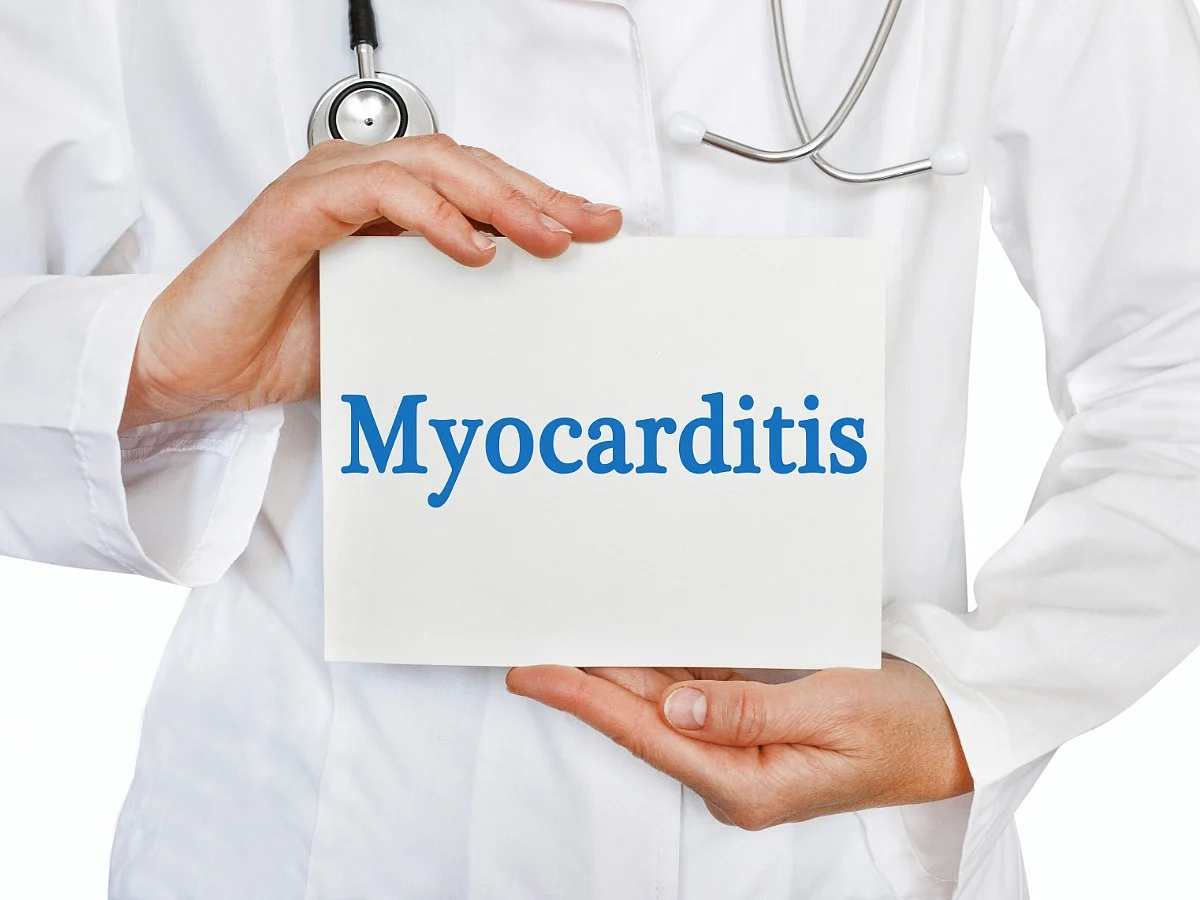Myocarditis: Symptoms, Causes, Diagnosis, and Treatment
Check the causes, symptoms, diagnosis and treatment for the condition- myocarditis

advertisement
Myocarditis is a condition in which a heart muscle suffers from inflammation, the muscle of the heart is known as the myocardium. This condition can weaken your heart muscle and makes it more difficult for your heart to pump. It is a rare condition and it can affect people quickly or slowly over time.
Myocarditis is different from other types of inflammation since there are different kinds of myocarditis and each type means inflammation in different parts of the heart. For example, pericarditis affects the sac around your heart while endocarditis is the inflammation of your heart valves.
According to research, there are about 1.5 million cases of myocarditis in the world each year, meaning 10 to 20 people get affected out of every 100,000 people. Rare types of myocarditis include:
Lymphocytic myocarditis.
Giant cell myocarditis.
Fulminant myocarditis.
Eosinophilic myocarditis.
Let's have a look at the symptoms, causes, diagnosis, and treatment of myocarditis.
Myocarditis: Signs & Symptoms
According to doctors of the Mayo Clinic, you may have no symptoms and in severe cases, the symptoms include:
Shortness of breath.
Fatigue
Fever.
Chest pain.
Heart palpitations.
Abdominal pain.
Lightheadedness.
Abnormal heart rhythm.
Dizziness
Loss of appetite.
Weakness
Swollen legs or feet.
Myocarditis: Causes
According to Cleveland Clinic, the various causes of myocarditis are as mentioned below but one of the major reasons is a viral infection.
Flu.
Herpes virus six.
Adenovirus.
Coxsackie virus.
Parvovirus B19.
SARS-CoV-2 (COVID-19).
Bacteria.
Fungi (rarely).
Chagas disease.
Rheumatic fever.
Autoimmune diseases like rheumatoid arthritis or lupus.
Exposure to radiation or heavy metals.
Myocarditis: Diagnosis & Treatment
According to Cleveland Clinic, your doctors may take one or all of these tests to diagnose myocarditis:
Physical exam.
Medical history.
MRI (magnetic resonance imaging).
Heart biopsy.
PET (positron emission tomography) scan.
Chest X-ray.
Cardiac catheterization.
ECG/EKG (Electrocardiogram).
Echocardiogram.
Blood tests.
A mild case of myocarditis goes away on its own but else the doctors prescribe medicines like like:
Medicines for heart failure.
Corticosteroids.
Intravenous (IV) immunoglobulin.
If your myocarditis leads to heart failure or an abnormal heart rhythm surgery options may include:
LVAD (left ventricular assist device).
Pacemaker.
Donor heart
(At The Quint, we question everything. Play an active role in shaping our journalism by becoming a member today.)